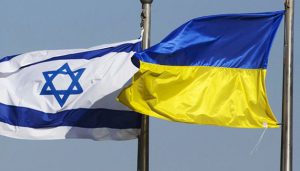
Umm Muhammed Umar
Have you been wondering how the Ukraine – Russia conflict is being viewed in Palestine and the Israeli state? Radio Islam spoke to Hafidh Ebrahim Moosa, on the Palestine Report, who said that the this was a global conflict, with global repercussions.
Hafidh Ebrahim said that Israel has been walking a diplomatic tightrope since the beginning of the conflict. It claims to supports the territorial integrity and sovereignty of Ukraine, and that the Russian invasion is a serious violation of the international order. However, beyond those statements, it has not taken Russia on directly. Israel would be expected to sympathize with the United States, and NATO, because of their long-standing alliances. Nevertheless, it has strong working relationships with both Russia and the Ukraine. Israel had, in 2019, signed a major trade agreement with Ukraine. Further, the Ukrainian defence minister had also explored defence ties, when he visited the Israeli state last year. Hafidh Ibrahim said, “And on the other hand, the Israelis have a very close relationship with the Russians, particularly over Syria, where the de facto relationship with the Russians has allowed the Israelis to attack militias that the Israelis deemed to be a threat in Syria for many years.”
Hafidh Ebrahim said the Israelis have been quite open on why they have to walk a diplomatic tightrope, with the Israeli Foreign Minister himself having said that, traditionally, they would have sided with the Americans. He added that Israel has actually applied pressure on the United States against sending Iron Dome defence systems to Ukraine, and has also turned down requests for military aid to Ukraine. While there was a drive, currently, to impose sanctions against Russia and Russian business figures, you have another blowback coming from speakers within Israel – the Israeli Holocaust Memorial Museum, for instance – telling the American ambassador that they should not sanction billionaires such as Roman Abramovich, because he has actually become an Israeli citizen, and has spent huge amounts of money in support of settler movements, and so on. Hafidh Ebrahim said, “In the wake of all of this, the Russians are watching carefully. They, on the one end have criticized Israel for its overtures towards Ukraine. And because of that, they’ve criticized recently, the Israeli occupation of the Golan Heights. But at the same time, Russia is saying that it will continue its military coordination with Israel, over Syria”
There were also diplomatic politics in Israel to consider, with roughly half a million Ukrainian expats who are Israeli citizens; there are 400 000 Russian immigrants, even before this crisis. So, they have very strong sentiments towards what’s going on, and the Israeli state has to be wary of that.” He added, “But on top of that……. more than 2500 Ukrainian Jews have asked to immigrate to Israel immediately, following the invasion, and Israel has jumped into action in that regard.” Special hotlines have been set up, as have document processing stations on the borders of Ukraine. It’s not far-fetched to project that around 200 000 Ukrainian jews could immigrate to Israel, and they would receive automatic citizenship. There were also major financial incentives offered – something to what would be the equivalent of R70 000 – per Jewish family from Ukraine, to emigrate to Israel. Historically, in any crisis, Israel presents itself as a safe haven for Jews from across the world. It welcomes these immigrants in to fight the demographic war with the Palestinians.
Meanwhile, there a large Palestinian community of roughly 4000 Palestinians in the Ukraine, making it one of the largest Arab communities in the country. Hafidh Ebrahim said that Palestinian students were grappling with the conflict, with having been forced to flee. They were concerned about the consequence of this on their education. He said, “Some of these Palestinians are actually Israeli passport holders. And they say that, unlike the support that Israel is offering Israeli citizens who have been caught up in the conflict, as well as Jews, they haven’t received much support from the Israeli authorities.” A few have been able to reach Poland and Romania. Palestinians are also concerned that Russia and Ukraine account for such a large percentage of wheat exports to the to the Middle East and to the world. Hafidh Ibrahim said, “There are fears of wheat shortages, particularly in the Gaza Strip, and the implication that this will have on bread supply.”



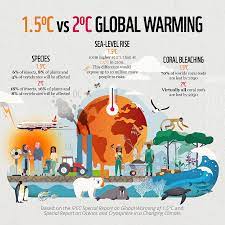
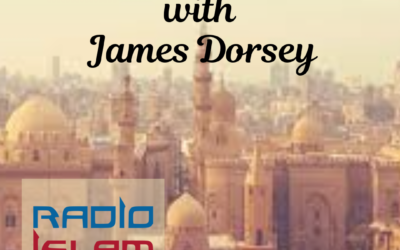
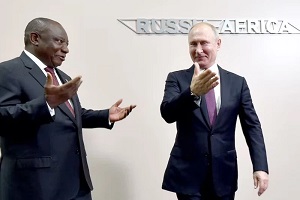
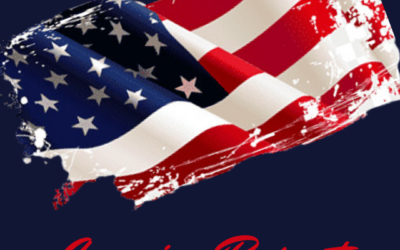
0 Comments